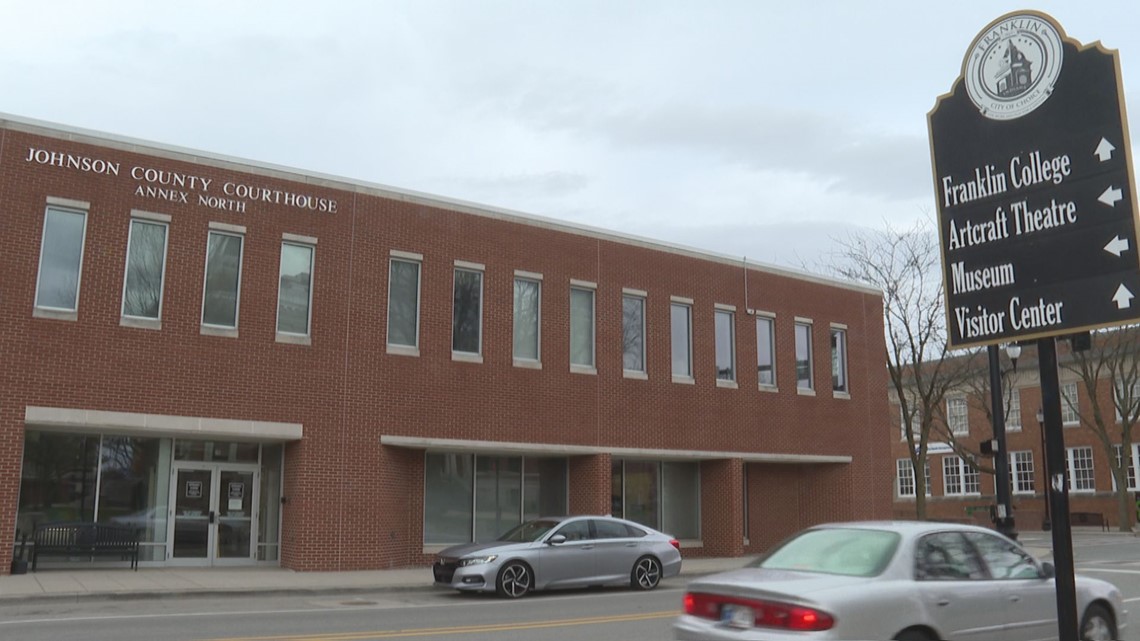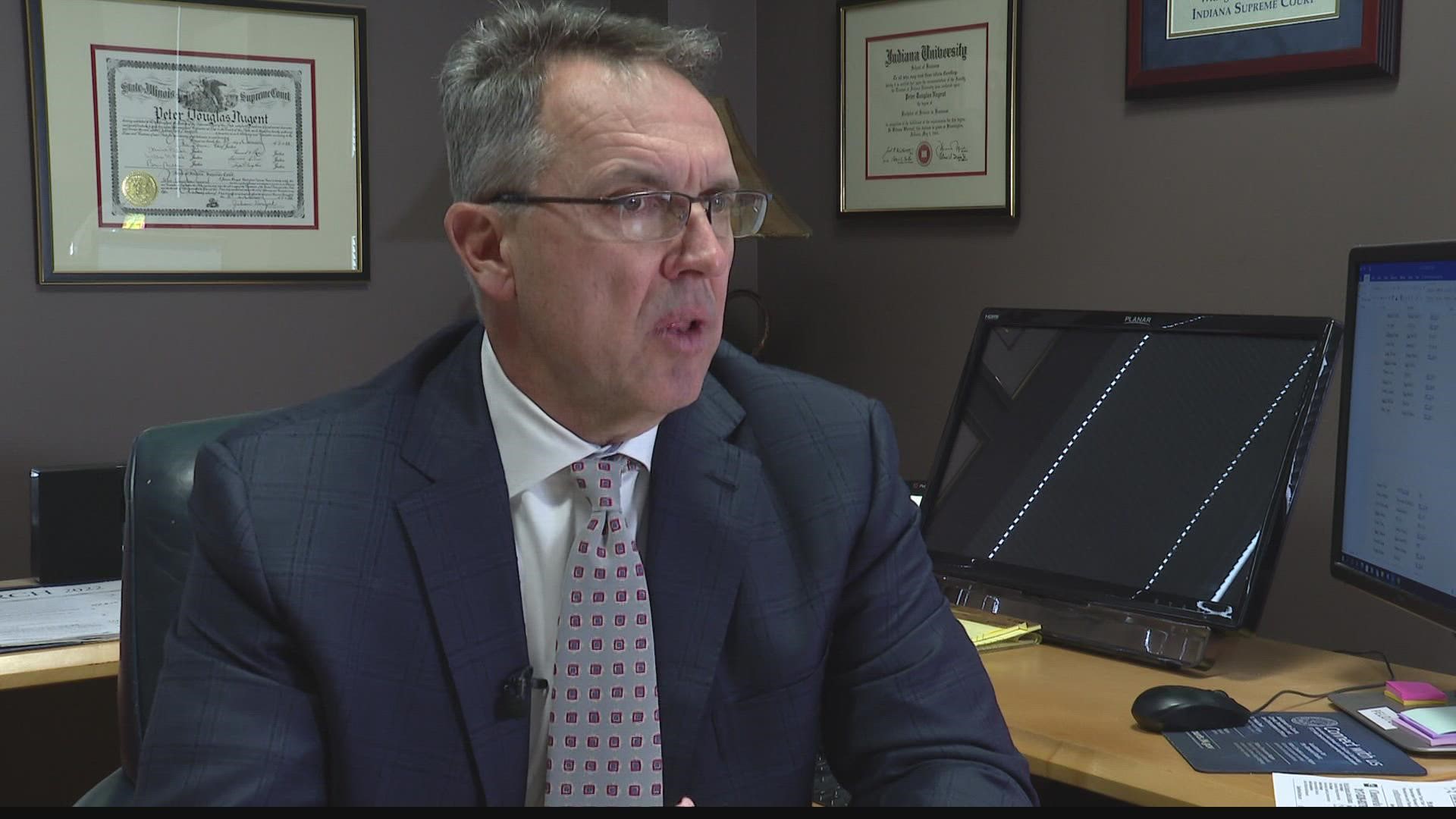FRANKLIN, Indiana — A new law will soon take effect in Indiana that can help low-level felony offenders to connect with resources to help them move forward with their lives by giving the courts more power when it comes to sentencing.
"Nobody wants to go to jail, I get that, nobody wants to go to prison. But sometimes that's the only treatment facilities we have available," said Johnson County Superior Court Judge Peter Nugent.
Nugent is no stranger to seeing felony offenders in his courtroom.
"Most of the cases that we have in this court are Level 6 felonies. And most of those are meth cases. Some of those folks are in dire need of some type of treatment, and the options available to meth users outside are very few," Nugent said.
Currently, he can sentence Level 6 felony offenders to the county jail, to probation, or to community corrections, but not to the Department of Correction, where addiction services treatments are available to inmates.
"Right now, we don't have the ability to get Level 6 felony offenders to the DOC. That's changing. And a lot of the people we have locked up in the Johnson County Jail on Level 6s are methamphetamine users and longtime drug addicts. And they can benefit by some type of treatment program that we've got a little bit of here, but not what we need to treat the meth offenders," Nugent said.
House Bill 1004 will become law in Indiana on July 1, giving judges the option to also sentence Level 6 felony offenders to the DOC. It's a small change, but a meaningful one, according to one of the bill's co-authors, Representative Mitch Gore, D-Indianapolis.


"The impact could be huge. In fact, I think it has the potential to be the most consequential piece of legislation for local communities that passed this session," Gore said.
The new law will help to ease the burden on county jails currently housing those inmates while also giving inmates access to the DOC's mental health resources and addiction treatment services, according to Gore, letting inmates focus on the issues that may have landed them in jail to begin with.
"They're not punishment sentences, they're treatment-based," Nugent said.
Nugent said he's hopeful that the new law will allow the people he sees in his courtroom to deal with and hopefully overcome their addiction once and for all.
"They're people's kids, they're people's daughters, we don't want them to die. That's just the truth," Nugent said. "It's sad, but we have to do something and that's OK."
HB 1004 will only apply to those who commit crimes that qualify as Level 6 felonies on or after the law takes effect on July 1, 2022.
Marion County's sheriff said he's glad to see House Bill 1004 become law after fighting for the change for years.
Sheriff Kerry Forestal said housing these low-level felony offenders in county jails often adds to overcrowding issues we continue to see.
Prior to the pandemic, Forestal said the Marion County Jail had roughly 300 to 350 Level 6 felony offenders alone. And they need that space to house other, more violent criminals.
"It's the violent criminals, we need to have space for them," said Forestal. "And if we could move people on and if we don't have to keep repeating the cycle, I mean we don't have to say, 'Is this the third time you've been in here for stealing a car?' What have we done different? Well, we held them here a little while. Well, what other opportunities might they have if they went on into a more structured environment?"
Forestal said he and other county sheriffs around the state are ready to see more space freed up and more funds available after this law takes effect.
What other people are reading:

